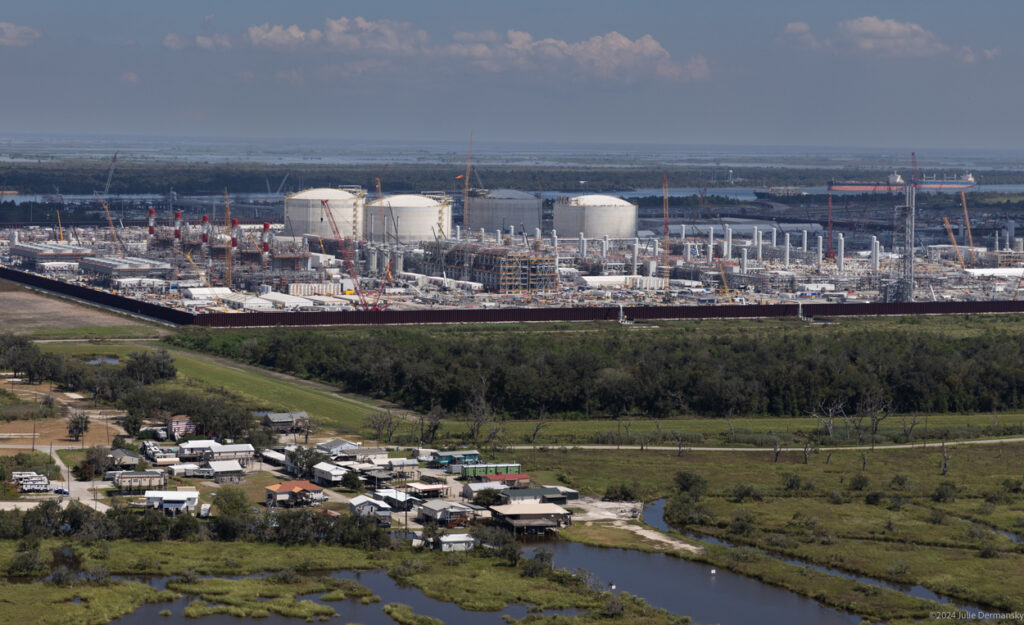The Danish government may have found Bjorn Lomborg guilty of “scientific dishonesty”, and “unscientific” reports but that doesn’t faze the editors of the op-ed pages of the Wall Street Journal. The WSJ recently gave Lomborg a huge amount of space for a mind-numbing and highly misleading critique of Britain’s “Stern Review”. (The Stern Review, which sounds the alarm about accelerating climate change and estimates that inaction by the world’s governments could cost the global economy up to 20 percent of its GDP, was compiled by a team headed by Sir Nicholas Stern, a former World Bank economist).
(Parenthetically, the Stern Review was preceded by a report six years ago by one of the world’s largest insurance companies that, unchecked, global warming could bankrupt the global economy by 2065). The Lomborg Wall Street Journal piece is riddled with outright errors. For one example, Lomborg asserted that damages from hurricanes is not due to warming-driven increases in storm intensity, but to higher property values in stricken areas.
But the people who pay the ultimate costs of these storms see it differently. As an article in Fortune Magazine pointed out: “Until recently, insurers were convinced that their calculations for predicting hurricane damage – known as ‘catastrophe models’ – were accurate. But the 2004 and 2005 Atlantic hurricane seasons were off the charts: Seven of the ten most destructive storms in U.S. history occurred in those years; 2005 saw a record $58 billion in insured losses.” Said Robert Klein, director of the Center for Risk Management and Insurance at Georgia Tech University: “The 2005 season ‘shook insurers’ confidence in their models.”
The larger picture was articulated in a 2004 report by insurance giant Swiss Re which expressed concern that climate change was spiraling out of control. “There is a danger that human intervention will accelerate and intensify natural climate changes to such a point that it will become impossible to adapt our socio-economic systems in time.” The report concluded: “The human race can lead itself into this climatic catastrophe – or it can avert it.”
In his WSJ piece, Lomborg continues to use “straw men” to make his point. For example, Lomborg wrote: “Stern tells us that the cost of U.K. flooding will quadruple to 0.4% from 0.1% of GDP due to climate change. However, we are not told that these alarming figures only hold true if one assumes that the U.K. will take no additional measures – essentially doing absolutely nothing and allowing itself to get flooded, perhaps time and again.”
In fact, we ARE told in the “Stern Review” that these figures represent a “Business-As-Usual” course – meaning extrapolating from current conditions.
Again, referring to future rates of warming, Lomborg asserts: “The U.N. Climate Panel estimates that stabilizing at 550 ppm would mean an increase in temperature of about 2.3 degrees Celsius in the year 2100. This might be several degrees below what would otherwise happen, but it might also be higher.” But overall, Lomborg suggested, such an increase would be relatively negligible in terms of its impacts.
That flies in the face of a recent report from Bristol University which found that a 3* increase would mean the loss of about half the world’s forests – as well as a deadly intensification of wildfires, storms, heatwaves and other extreme weather events.
Finally, Lomborg – as he has done in the past – cloaks his mystifying skepticism in a professed concern for the world’s poorest and most vulnerable residents. The choice, he tells us, is between climate protection and poverty alleviation in the developing world.
Lomborg could not be more wrong.
Development economists have long established that every dollar invested in energy in poor countries creates far more wealth *and far more jobs than the same dollar invested in any other sector of their economies. Were the industrial nations to help jump-start a transition to clean, non-carbon energy sources in developing countries, that transition would create millions of new jobs. It would spur the creation of new businesses and indigenous industries in poor countries. It would improve living standards in poor countries without compromising them wealthy ones. It would turn dependent and impoverished countries into trading partners. And it would jump the renewable energy industry into a central, driving engine of growth of the global economy.
Subscribe to our newsletter
Stay up to date with DeSmog news and alerts






